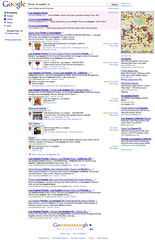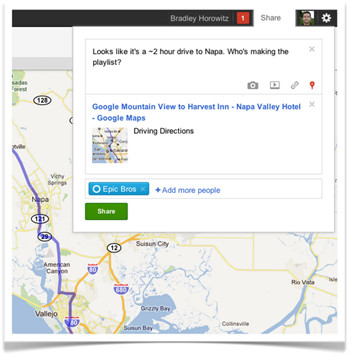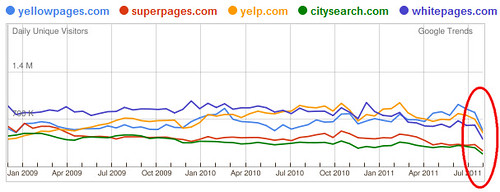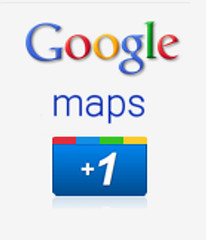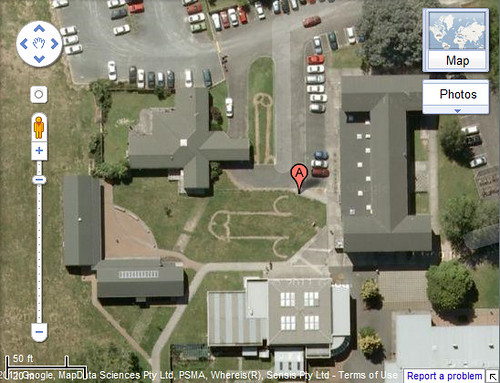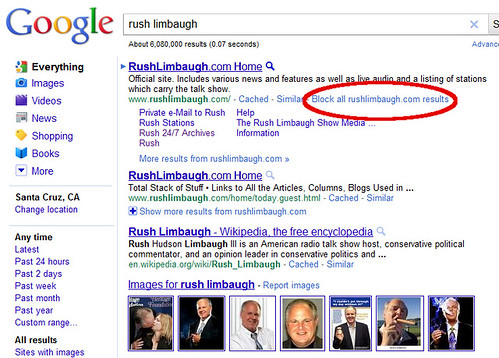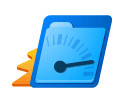 I posted a piece about Google’s new “Page Speed Service” over on SEM Clubhouse this morning, and in it I describe a bit of how it will speed up websites and thus help with both SEO and user-experience. Those are mostly good things.
I posted a piece about Google’s new “Page Speed Service” over on SEM Clubhouse this morning, and in it I describe a bit of how it will speed up websites and thus help with both SEO and user-experience. Those are mostly good things.
But, I go on to compare it a little with old AOL service processes. Like the old AOL service, which used to compress and cache webpages across the internet (sometimes changing those pages for the worse), the Google service is also a little disturbing in the “Big Brother” sense.
Google, through search, already occupies so much of consumers’ time on the internet, and it’s often the first leg or starting-off-point for many consumers’ web interactions. If large numbers of websites also use the Page Speed Service, then Google could be hosting the entire end-to-end experience for the internet.
If they start using their dark fiber network as part of the routing of this new Content Delivery Network, one’s internet usage moves partially off of the shared public grid onto a completely private network. Your user experience would not necessarily be altered, but it’s disturbing from the standpoint of it beginning to build a defacto “walled-garden” experience upon the infrastructure of a single company which begins to resemble the mother of all monopolies.
When an internet experience (or mobile access experience) is completely within a silo, it risks having all sorts of odd rules imposed upon it. Such as a lack of network neutrality, the forcible intrusion of unwanted ads, snooping, and outright suppression of materials not deemed to be in the best interests of the owner corporation.
While Google has been known for being more philosophically against censorship and suppression, and has been a supporter (to some degree) of net neutrality, the potential for issues if they own the end-to-end web experience expand exponentially. The old adage applies, regardless of good intentions: “It’s not wise to put all your eggs in one basket.”

